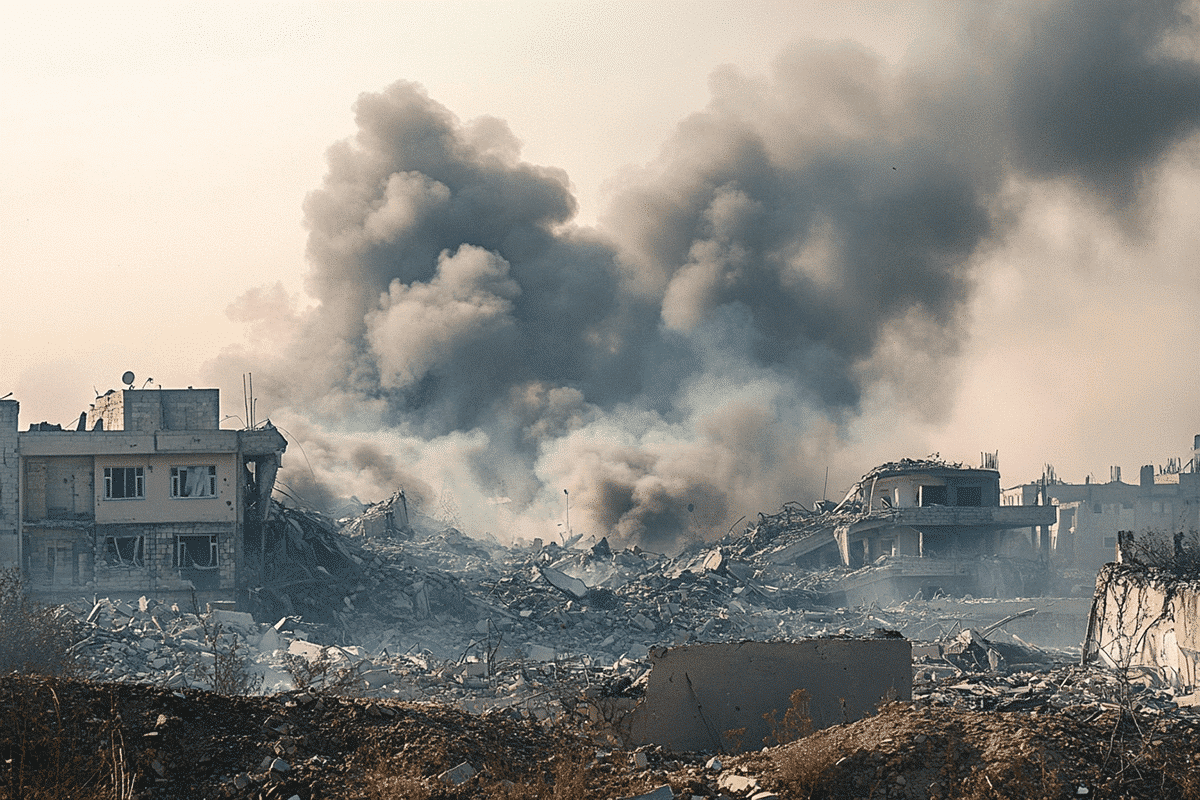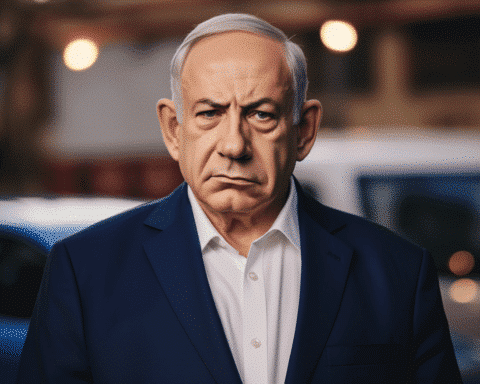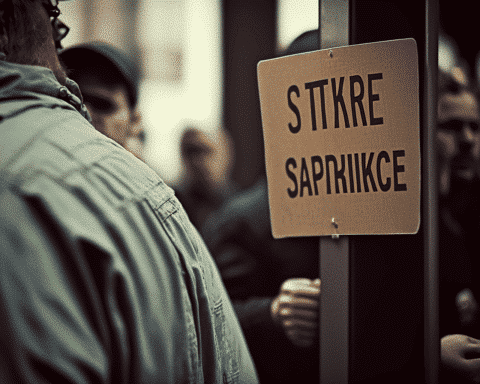As cease-fire negotiations between Israel and Hamas continue to unfold, Egypt, a key mediator in the talks, has expressed growing skepticism about the viability of the latest bridging proposal aimed at halting the ongoing conflict in Gaza. Despite recent efforts to push the proposal forward, significant challenges have emerged, casting doubt on the likelihood of an imminent agreement.
A Proposal with No Guarantees
The proposal currently on the table requires Hamas to release the most vulnerable civilian hostages captured during its October 7th attack on Israel, which ignited the ongoing conflict. In return, Israel would pause its military operations for six weeks. However, the proposal lacks guarantees for a permanent cease-fire, which has raised concerns among Egyptian officials and Hamas leaders alike. The absence of solid commitments, particularly from Israel, is seen as a major obstacle to achieving a lasting peace.
Egypt, which shares a border with Gaza and has historically played a pivotal role in mediating between Israel and Hamas, is particularly wary of the proposal. The plan’s first phase involves complex negotiations, but with no assurances provided to Hamas regarding the subsequent phases, the proposal is perceived as insufficient. Egyptian officials have indicated that the proposal’s vagueness, especially concerning Israel’s withdrawal from strategic areas in Gaza, is a critical flaw.
Strategic Concerns and Territorial Control
One of the major sticking points in the negotiations is Israel’s control over two strategic corridors in Gaza: the Philadelphi corridor, which runs alongside the Gaza-Egypt border, and the Netzarim east-west corridor. According to Egyptian sources, the current proposal suggests that Israel may downsize its military presence in these areas but stops short of committing to a full withdrawal. This partial approach has been deemed unacceptable by both Egypt and Hamas.
The Philadelphi corridor, in particular, is a contentious issue. Israel’s continued presence in this area is aimed at preventing Hamas from replenishing its arsenal through smuggling tunnels. However, Egypt has made it clear that it will not reopen the Rafah crossing into Gaza—a crucial entry point for humanitarian aid—until Israeli forces completely withdraw from both the Palestinian side of the crossing and the Philadelphi corridor.
Skepticism and Fatigue
The ongoing negotiations have been marred by growing skepticism, not just in Egypt but also in Israel. There is a sense of fatigue among negotiators, who doubt the commitment of Israeli Prime Minister Benjamin Netanyahu to securing a deal. This skepticism is compounded by the lack of clear deadlines and objectives in the proposal, which are seen as necessary to encourage Hamas to agree to the terms.
The U.S. Secretary of State, Antony Blinken, has been actively involved in the negotiations, working to bring Hamas on board. However, the lack of transparency and concrete details in the proposal has made it difficult to generate the necessary momentum for an agreement. Blinken has stated that the proposal includes a clear schedule for Israeli military withdrawals, but specific details have yet to be revealed.
A War with No End in Sight
The conflict in Gaza has now entered its 10th month, resulting in widespread destruction and a humanitarian crisis of immense proportions. The vast majority of Gaza’s 2.3 million residents have been displaced, and aid organizations are increasingly concerned about the potential outbreak of diseases like polio due to the dire conditions.
Hamas is believed to still hold around 110 hostages, with Israeli authorities estimating that about a third of them may have already perished. The recent recovery of six bodies in Gaza has only added to the grim reality of the ongoing conflict.
Meanwhile, Israel continues its retaliatory offensive, which has resulted in the deaths of over 40,000 Palestinians, according to Gaza’s Health Ministry. The conflict has also spilled over into other regions, with tensions rising along Israel’s border with Lebanon following the killing of a top Hezbollah commander by Israeli forces.
As negotiations continue, the prospect of a cease-fire remains uncertain. With key mediators like Egypt expressing doubt and both sides entrenched in their positions, the path to peace appears increasingly fraught with challenges.




